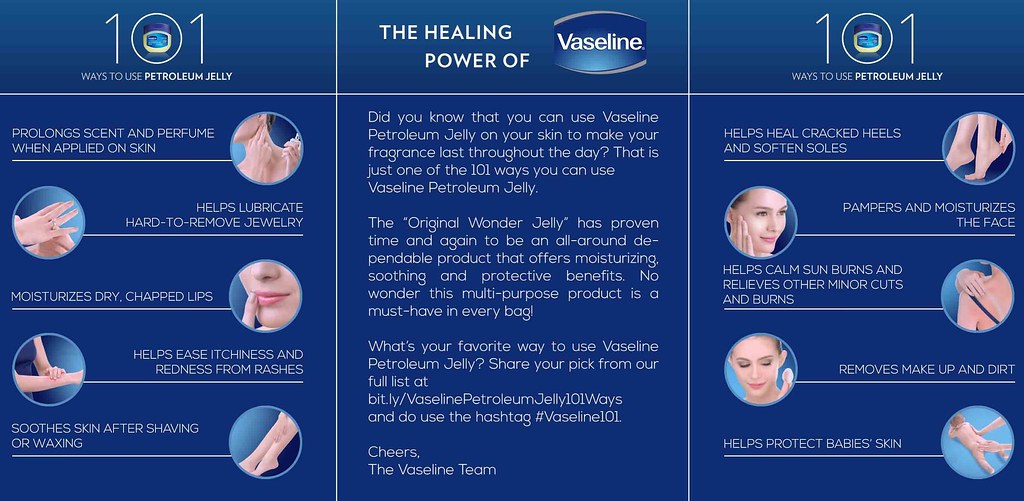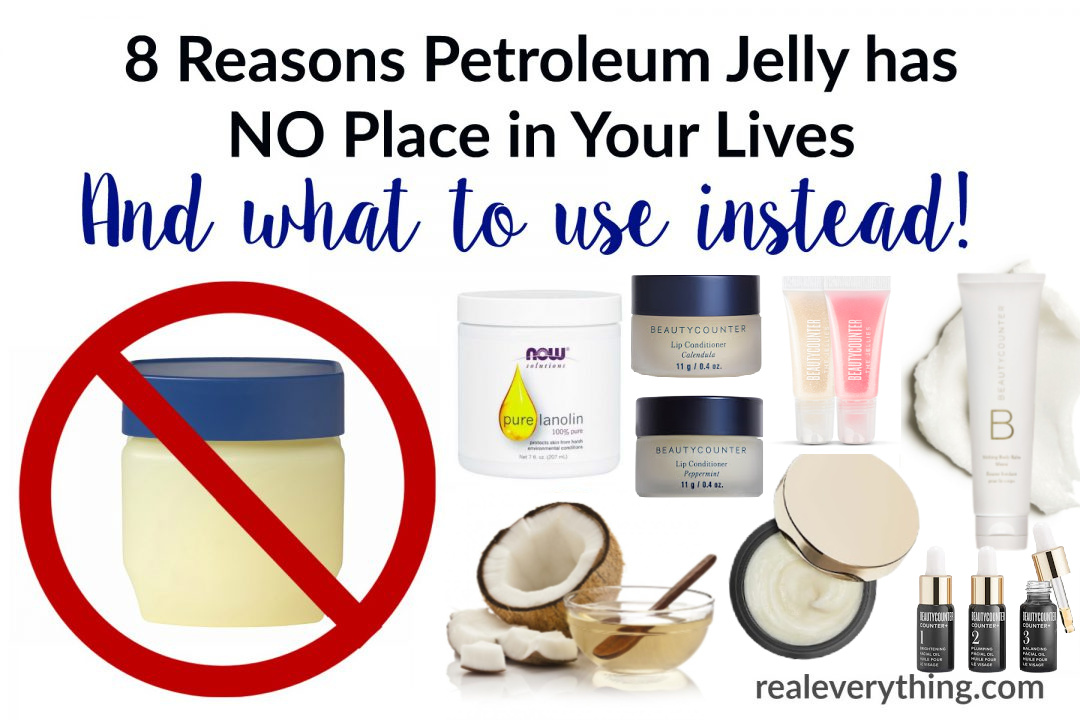Ever wondered what that ubiquitous, unassuming jar of petroleum jelly is truly capable of? It's a skincare staple that has stood the test of time, offering a surprising array of benefits beyond simply moisturizing.
For nearly a century and a half, petroleum jelly has been a mainstay in medicine cabinets and beauty routines alike. Born as a byproduct of the oil refining process, its simplicity belies its power. It's a thick, waxy paste, sometimes referred to by its brand name, Vaseline, and its versatility is truly remarkable. From soothing chapped lips to aiding in wound healing, petroleum jelly's impact on skin health is undeniable.
Before we delve into the depths of its benefits, here's a concise overview:
| Feature | Details |
|---|---|
| Name | Petroleum Jelly (also known as Vaseline) |
| Origin | Byproduct of oil refining |
| Texture | Thick, waxy paste |
| Key Benefits | Moisture locking, wound healing, skin barrier repair, protection against environmental stressors |
| Common Uses | Dry skin, eczema, minor cuts and burns, chapped lips, diaper rash |
| Important Note | Avoid on deep wounds or infections without medical advice. |
| Reference Website | PubMed Central |
So, what makes this humble ointment so effective? Its magic lies in its unique composition. Petroleum jelly acts primarily as an occlusive agent. This means it creates a protective barrier on the skin's surface, preventing moisture loss. This characteristic makes it exceptional at moisturizing and protecting the skin from environmental stressors like wind and cold.
One of the primary benefits of petroleum jelly is its ability to treat and prevent dry skin. By sealing in moisture, it helps to keep the skin hydrated and supple. This is particularly beneficial for individuals suffering from eczema or other conditions characterized by dry, itchy skin. Applied regularly, it can significantly reduce the frequency and severity of flare-ups.
Beyond its moisturizing properties, petroleum jelly can also aid in wound healing. For minor cuts, scrapes, and burns, it provides a moist environment that promotes faster recovery. The occlusive barrier also helps to protect the wound from infection, as it prevents bacteria and other pathogens from entering. It is important to note that petroleum jelly should only be used on minor wounds. Deep wounds or those showing signs of infection require medical attention.
Furthermore, petroleum jelly is often recommended for various other skin ailments. Chapped lips, a common winter woe, find immediate relief with a generous application. Dry cuticles, cracked heels, and even diaper rash can be effectively treated with this versatile product. Many dermatologists, have long recommended petroleum jelly as a staple in a skin care routine.
Heres a deeper look at the numerous ways petroleum jelly can benefit you:
- Intensive Moisture Locking: Forms a protective barrier to trap moisture.
- Wound Healing: Promotes faster healing in minor cuts, scrapes, and burns.
- Cracked/Chapped Skin Relief: Soothes and heals dry, cracked skin on lips, hands, and feet.
- Barrier Repair: Helps to repair and strengthen the skin's natural barrier.
- Eczema Management: Can reduce the risk of eczema in newborns and help manage symptoms.
- Diaper Rash Treatment: Protects and soothes irritated skin.
- Soothing for Rashes: Can help relieve discomfort from various types of rashes.
- Treatment for Dryness: Treats dry skin and cuticles.
- Protection from Environmental Stressors: Shields skin from wind and cold.
- Effective Moisturizer: Provides deep, lasting hydration for the skin.
- Relief for Minor Irritations: Provides relief for irritated skin.
The simplicity of petroleum jelly is one of its greatest strengths. It typically contains only one ingredient: petrolatum. This lack of added chemicals and fragrances makes it a safe option for most people, including those with sensitive skin. However, its always advisable to do a patch test before applying it extensively, especially if you have known allergies or sensitivities.
A question that often arises is about using petroleum jelly in the nares, or the breathing holes of the nose. While some people do apply it, there's no definitive consensus on its efficacy or safety in this area. Davis says that because petroleum jelly is chemically similar to proteins in our skin, it's a good choice for treating everything from chapped lips to dry cuticles, hands and feet.
The market is flooded with skincare products, including cosmetics, lotions, ointments, and chap sticks, all of which often contain petroleum jelly. Its presence in these products speaks to its effectiveness and versatility. The substance itself is a testament to how a simple ingredient can offer so many benefits.
While petroleum jelly is generally safe, it's crucial to use it correctly. Never apply it to deep wounds or infections without consulting a medical professional. Ensure that the wound is thoroughly cleaned before application. Furthermore, petroleum jelly should not be used as a substitute for medical treatment for more severe skin conditions.
In a world of complex skincare routines and pricey products, petroleum jelly remains a timeless, affordable, and effective option for a variety of skin concerns. Whether you're seeking intense moisture, wound healing, or simply a reliable way to protect your skin, this unassuming jar might just be your new best friend.
Its essential to remember that while petroleum jelly can work wonders for various skin issues, its not a cure-all. Serious skin conditions and infections require professional medical attention. Petroleum jelly is most effective as a preventative measure and as an aid in treating minor ailments. Always consult with a dermatologist or healthcare provider if you have any concerns about your skin health.
In the ever-evolving world of skincare, it's encouraging to know that some of the most effective solutions are the simplest. Petroleum jelly is a reminder that sometimes, the answer to our skin concerns lies in a time-tested, tried-and-true remedy.


